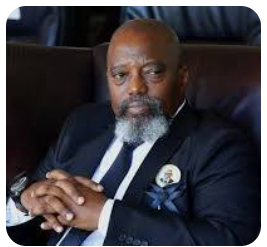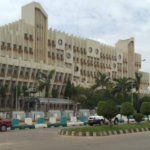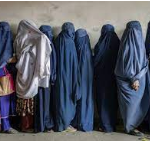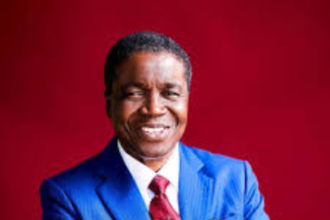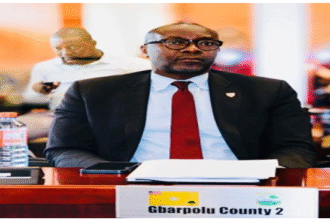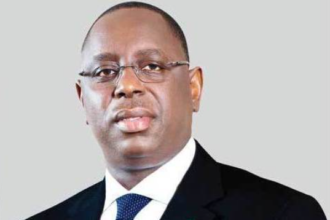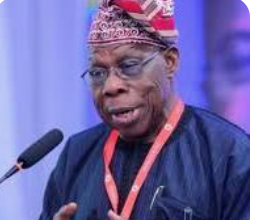By Patrice Katuma
Kinshasa, DR Congo – Former President Joseph Kabila announced Tuesday that he will return to the Democratic Republic of Congo after six years of silence and a year spent in exile. Kabila cited the deteriorating security situation in the country, particularly in the eastern region where government forces are battling the AFC/M23 rebel alliance, as the driving force behind his decision. The rebels currently control the strategic cities of Goma and Bukavu.
“After six years of absolute silence, a year in exile, and given the deteriorating security situation throughout the country…I have resolved to return without delay to the DRC in order to contribute to the search for a solution,” Kabila told Jeune Afrique in an interview published Tuesday.
Kabila, who left office in 2019, has been a vocal critic of his successor, Felix Tshisekedi, accusing him of mismanaging the security crisis and pushing the country towards collapse. He has previously accused Tshisekedi of being behind the rebel alliance, an allegation he vehemently denied in March.
He stated that he intends to enter the country through the volatile eastern region, which has been plagued by conflict for decades. “I decided to start with the eastern part, because there is danger there,” he said.
Kabila has emphasized the need for internal solutions to address the country’s challenges, criticizing Tshisekedi’s reliance on foreign actors and mercenaries to combat the rebels. He has repeatedly called for dialogue amongst the Congolese people to resolve the crisis.
“We left office in accordance with the constitution and have since been involved in various initiatives, including academic pursuits, which we intend to continue. However, as the situation back home worsens, we must act to ensure [DR Congo] does not fall further into chaos. We are here to help and to do what must be done to prevent further deterioration,” he told Namibian media in March.
The conflict in eastern DR Congo has intensified since the beginning of the year, with the AFC/M23 rebel alliance, led by former electoral chief Corneille Nangaa, seizing control of key cities and gaining increasing support from Congolese political leaders, businesspeople, and even members of the government forces and police. The rebels claim to be fighting for the protection of Congolese Tutsi communities and to combat corruption and bad governance within the country.
Kabila’s return marks a significant development in the ongoing crisis and raises questions about its potential impact on the political landscape and the search for peace and stability in the Democratic Republic of Congo.


